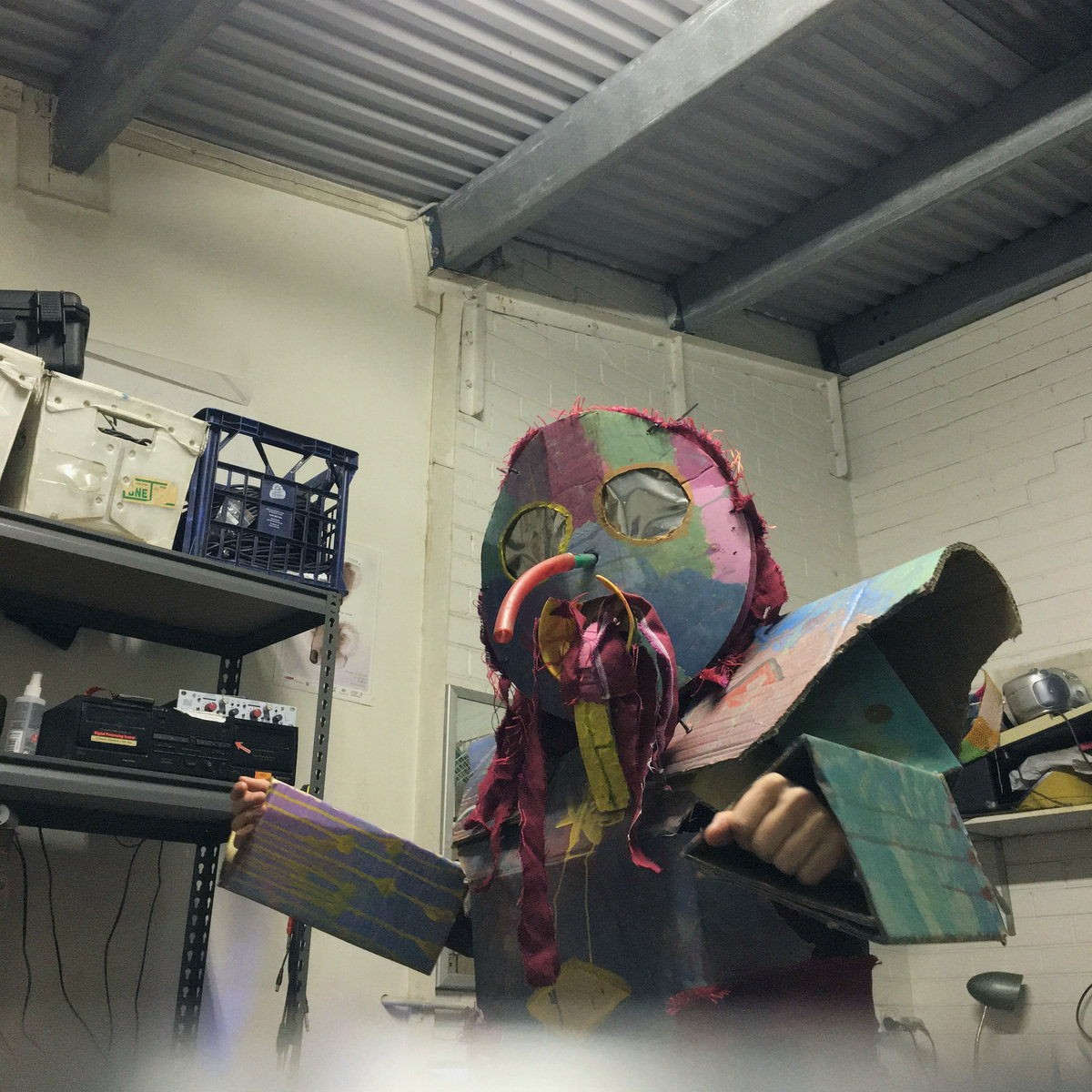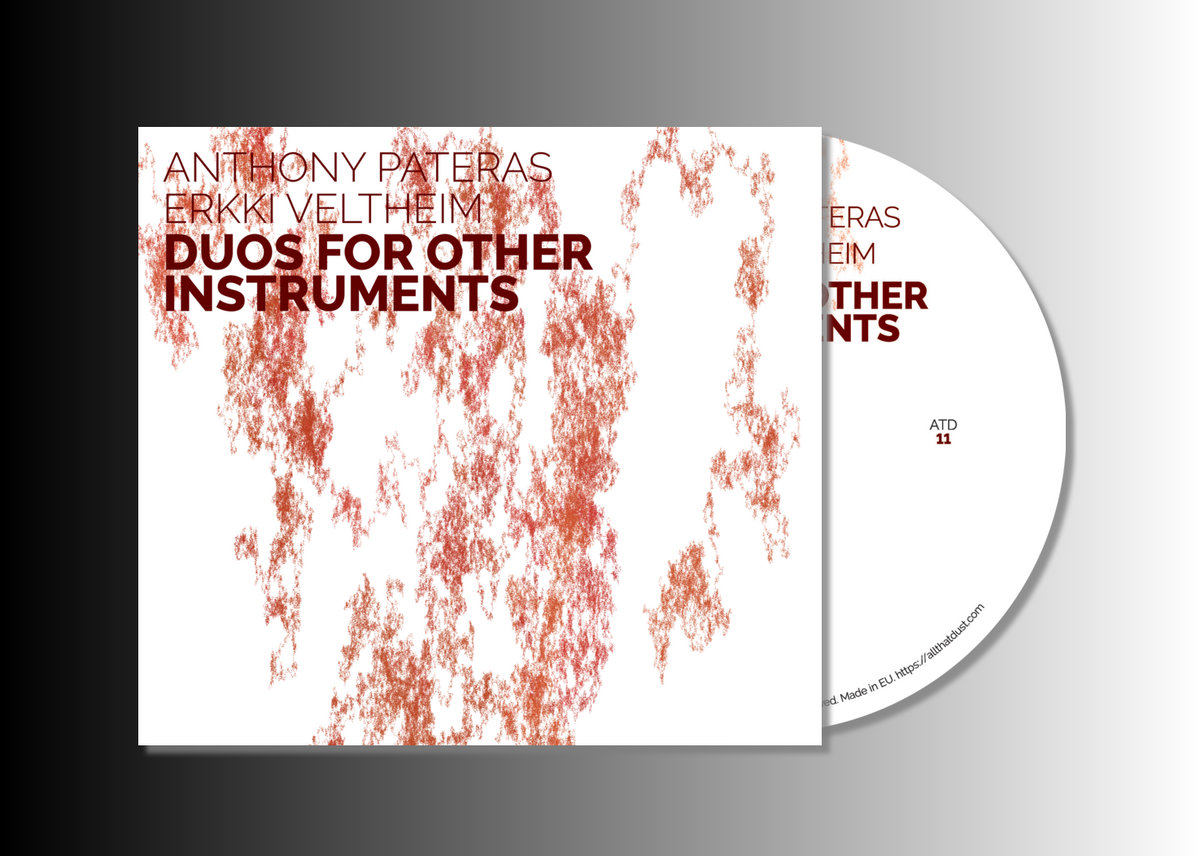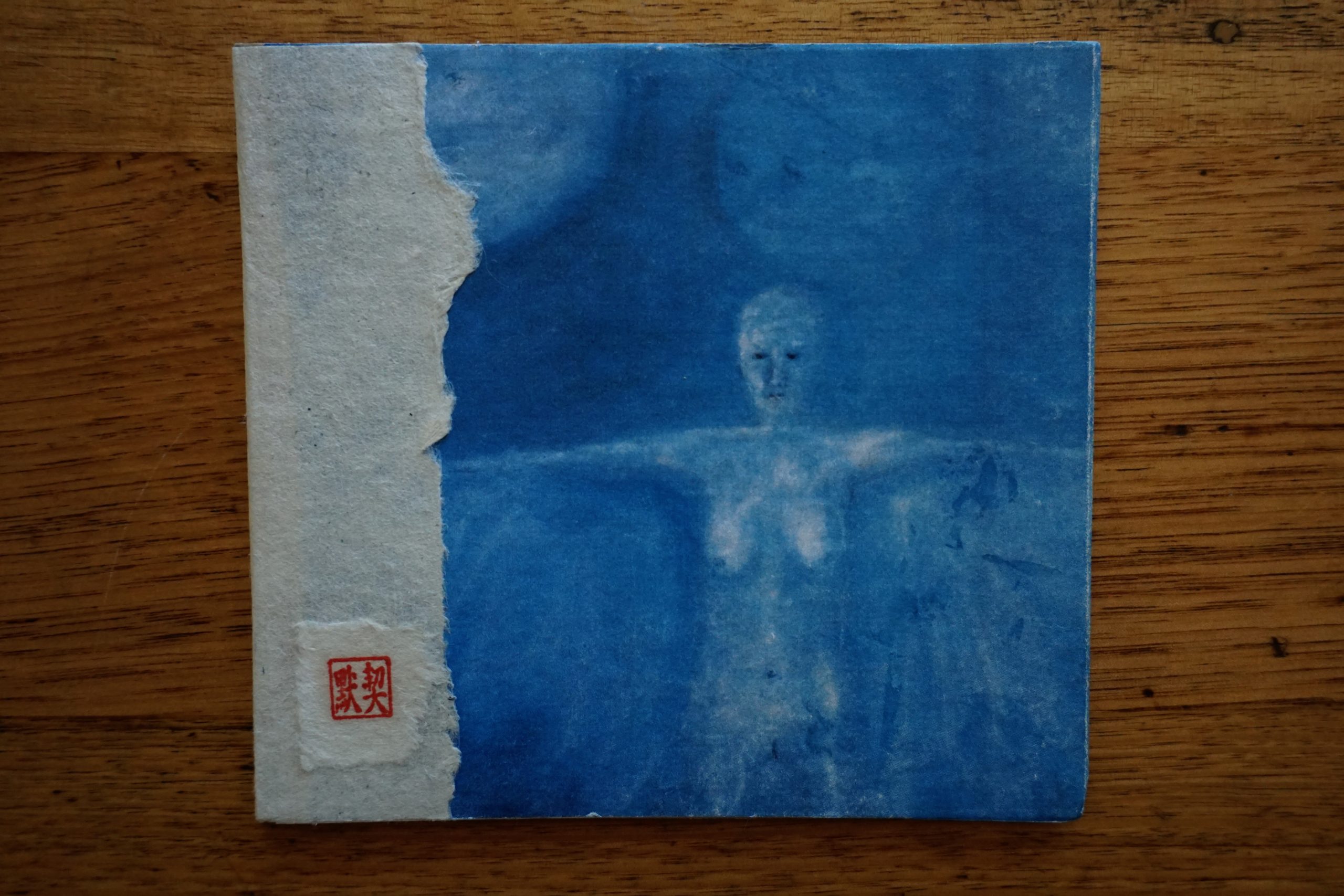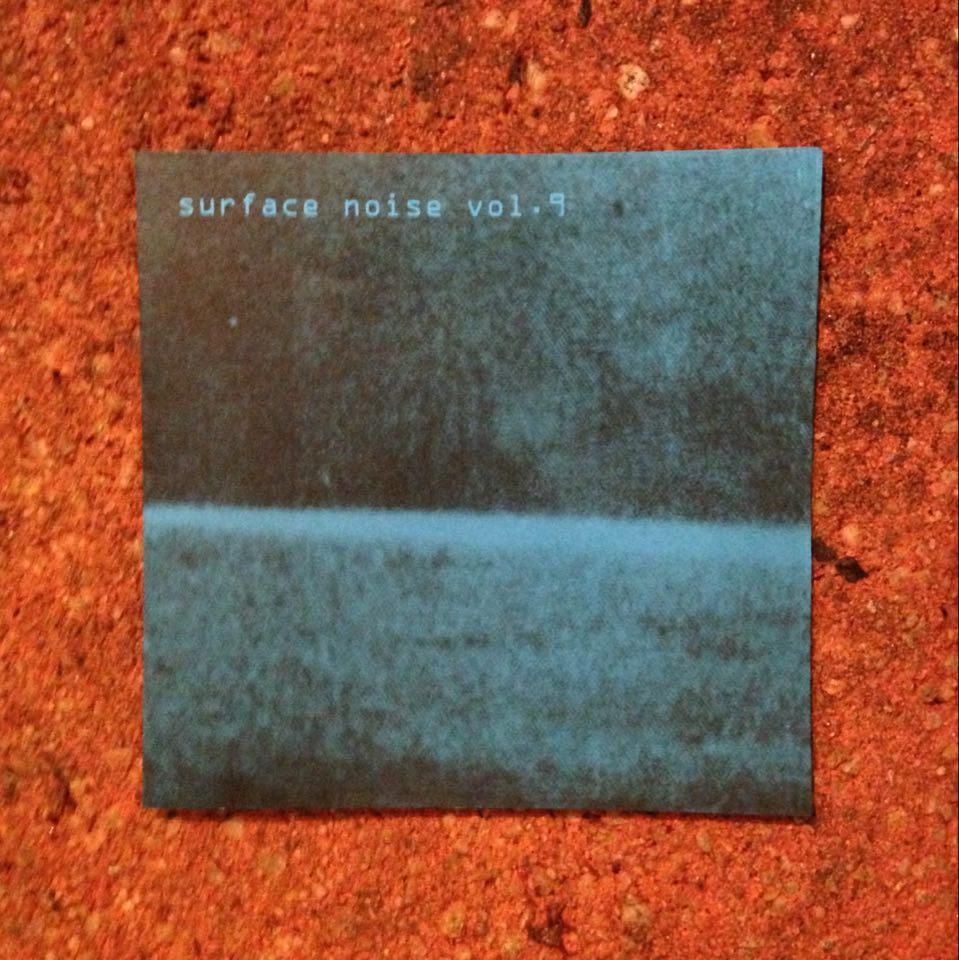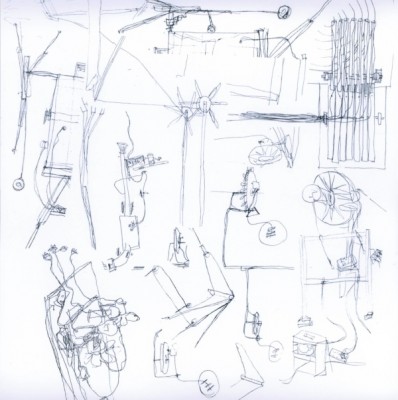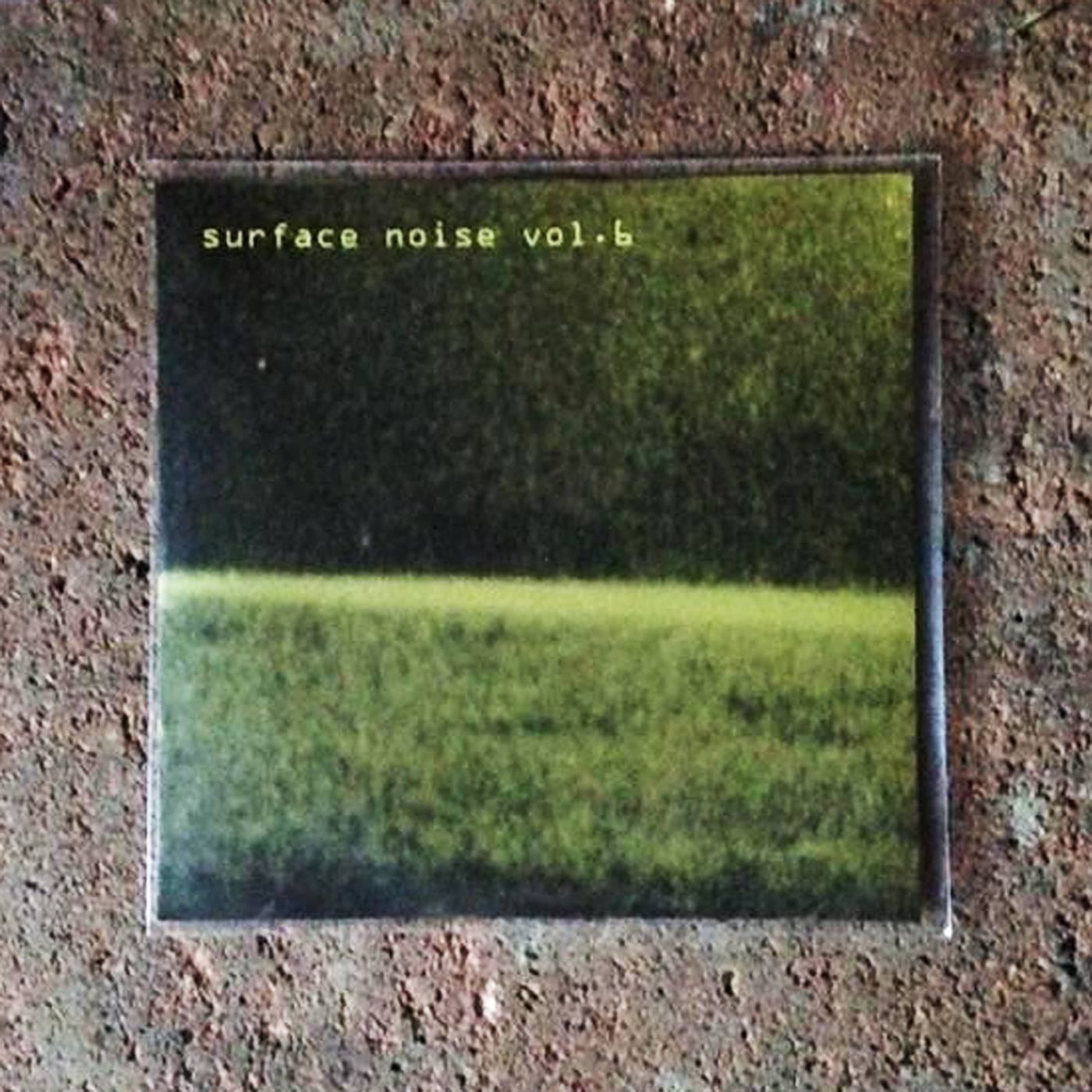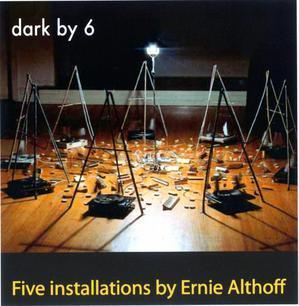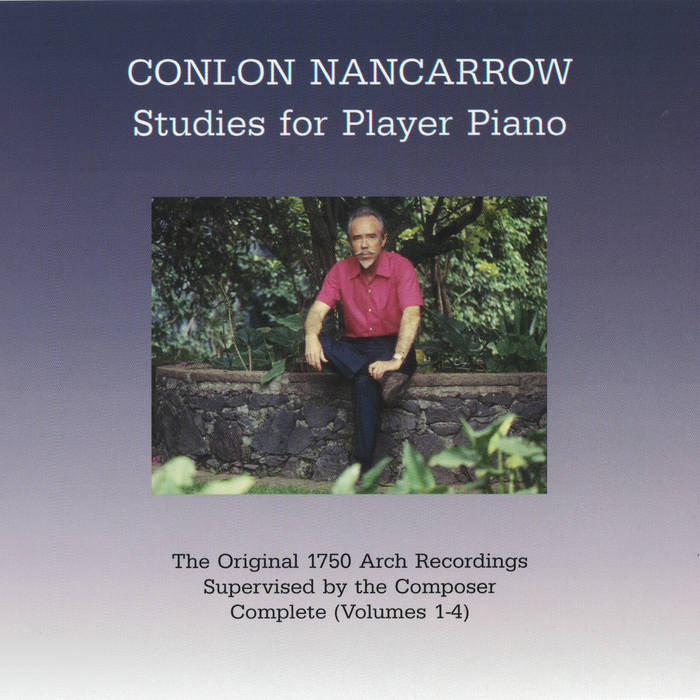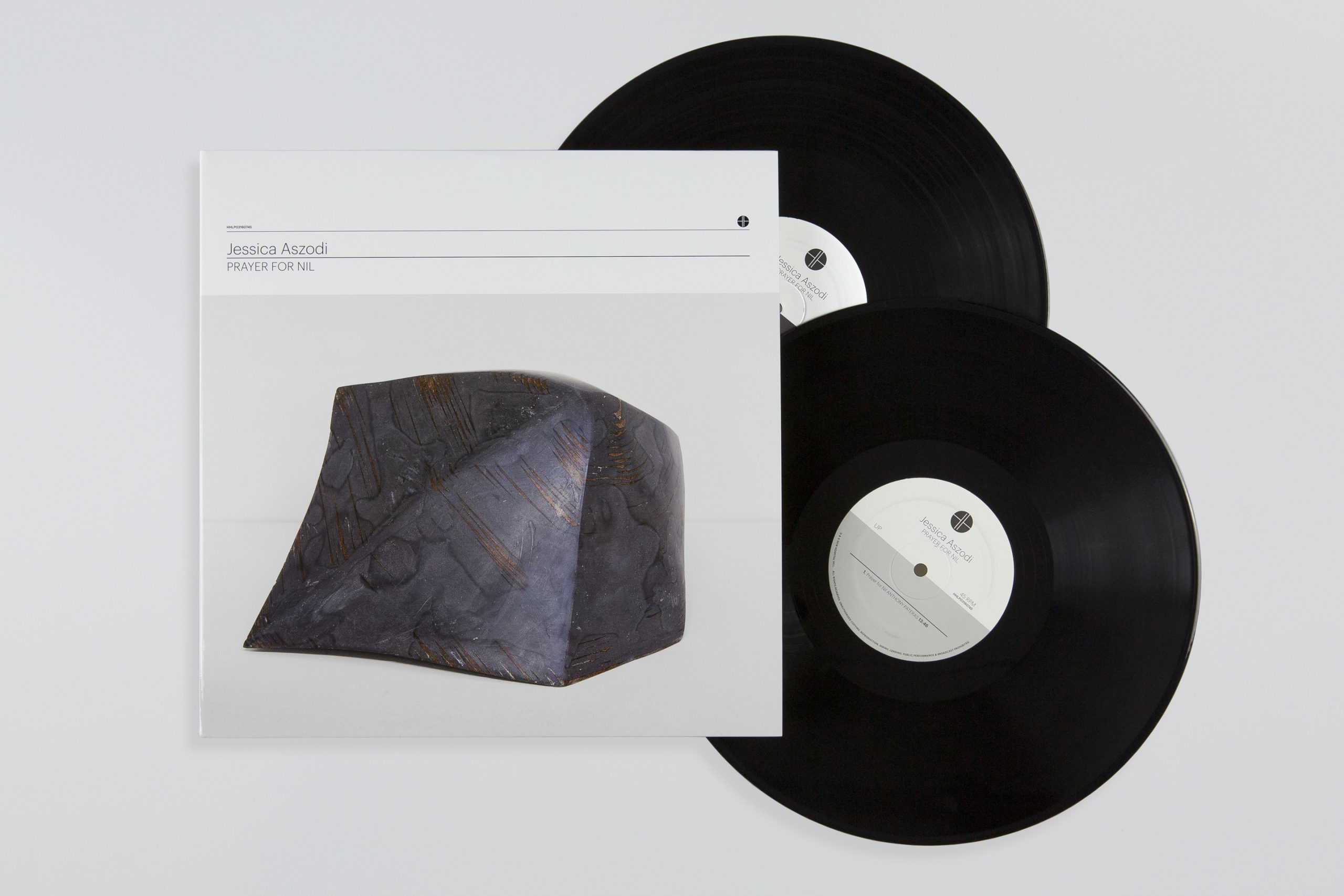
Jessica Aszodi is justifiably often heralded as the leading soprano in Australian new music, and her stunning debut album is testament to her stunning voice and dedication to the most cutting edge contemporary composition.
“Prayer For Nil” is a beautifully-packaged double LP ( with deluxe film-laminated ‘Tip-On’ gatefold jackets) with each side dedicated in full to a work by four of Australia’s most vital contemporary composers: Anthony Pateras, Alexander Garsden, James Rushford and Jeanette Little. The vinyl is spun at 45RPMs to deliver maximum fidelity, and limited to 500 copies. Below is an excerpt from Aszodi’s liner notes on each composition:
In Anthony Pateras’ Prayer for Nil the electronics are a swell of voices so dense they seem inhuman, amassed like a threatening cloud. As the piece unfolds the masses thin to a taper. By its conclusion the solitary singer is left brutally alone, though it’s hard to tell if she wasn’t alone the whole time – every voice in the throng was her own – my own. The ‘live vocal’ part is a highly structured improvisation. Anthony gave me a set of rules, pitches, and rhythms. Within the electronic field, and those restrictions, I had to find an improvisatory freedom. This approach could be seen as a metaphor for the whole process of making the album – the composers and I trying to find ways to understand one another, building a shared understanding of the musical objectives, negotiating varying degrees of control and freedom – and inside this discourse, me trying to find a way to be present in realising the sounds as myself.
In [ja] maser Alexander Garsden deals with very specific relationships between groups of pitches and non-traditional vocal utterances to create cresting swarms of noisy vocality that grow, splinter and re-germinate. In the second half of the piece a more vulnerable voice emerges, broken and crumpled in the low depths of my range. The composer bids me gradually to ascend to the highest extremes of my instrument’s capacity until that too fractures and breaks. [ja] maser, was for me, a physically extreme experience of my own limits and subjection. The musical notation was the most specific and traditional of the four pieces; perhaps surprisingly, the experience of making the sounds was the most embodied and phenomenally intense.
The fabric of wind is the piece in the group that is most overtly inspired by the composer-performer relationship. James’ composed material was conveyed to me though an audio-score, piped point-blank into my ear, rather than via notation. The sounds you hear are a combination of James’ and my voices, and his and my performances on various auxiliary instruments and objects. In the piece, James “attempt(s) to speak a written text whilst being constantly disrupted by various wind instruments and objects that are inserted into my mouth. Some of these recordings are heard within the piece in playback form… Out of this process emerges two inter-connected characters – my own desperate and confused, and Jessica’s more calming yet somewhat stuttered. A deeply intimate conversation of mangled speech and murmured singing results, unclear in meaning but rich in expression.” (Rushford)
In Mechanical Bride, my singing voice represents anima in an automated world. The text comes from Enrico Cavacchioli’s 1914 poem, ‘Let the moon be damned’, in which he describes a decaying environment where humans entwine with machines. The dystopic picture painted in this poem, now 100 years old, still convinces. As I perform this piece, I stage inside myself a battle between flaw-filled human expressivity and savage, ancient machines. Jeanette’s sound world pays homage to an analogue era, referencing mid-century modernist instrumental and electronic techniques in a milieu that is something like a space-western.
Each piece on the record is its own microcosm of unfolding connections, decisions and influences; it feels silly to try to characterise them as a group. If there is a common thread amongst them, it’s that they all push my vocalic body towards its limits. The voice on this record is not the voice of a unified and cogent human person, it’s the mutable voice of someone wailing unrestrained in passionate argument – as people who know each other well are sometimes wont to do.
Use the code ASZODI for 10% off “Prayer For Nil” (expires 22 June 2022).
As always, free postage for orders within Australia over $100.
